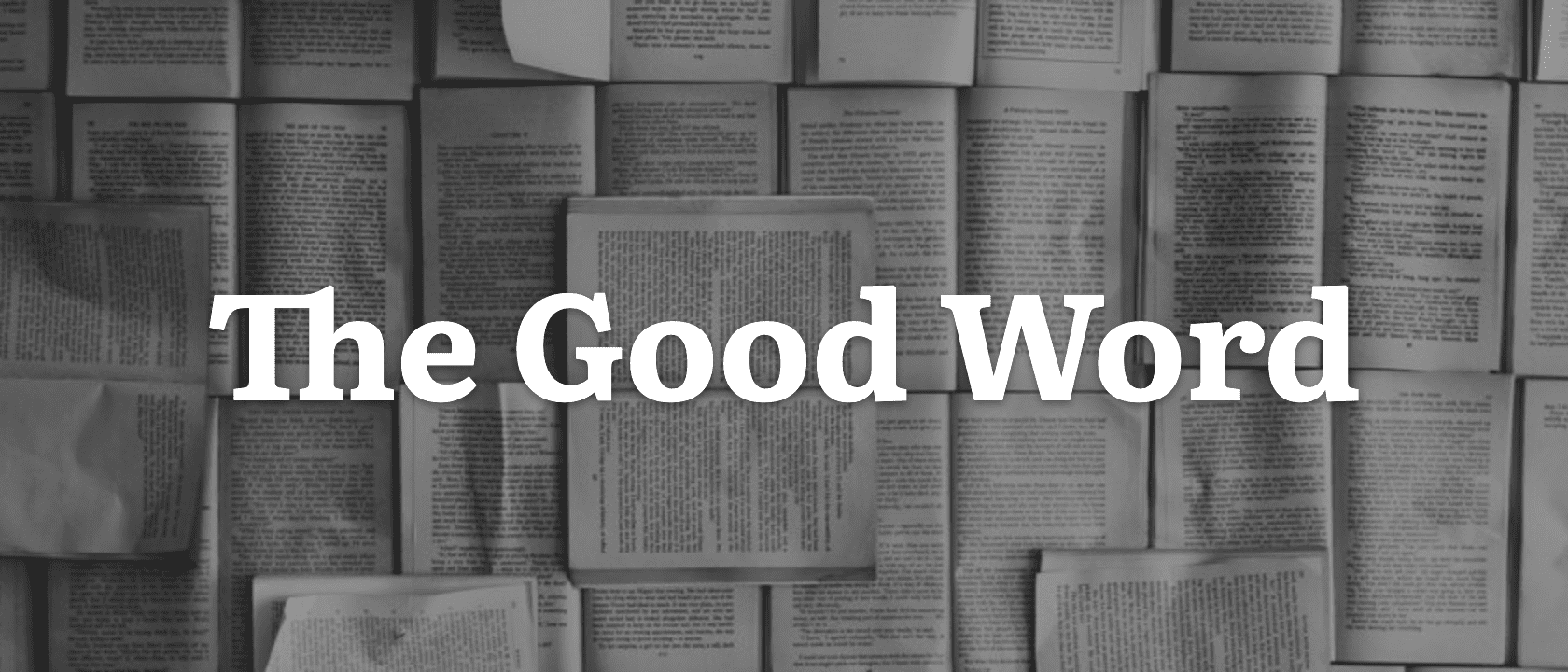On January 2nd, 2023, I began reading The History of the Decline and Fall of the Roman Empire by Edward Gibbon. I finished it on the afternoon of June 20th, 2023. A total of 170 days. A few ticks over five and a half months. The total work is 3,277 pages (that includes the superb 107-page introduction from Penguin Classics). I read every day. I almost always get at least an hour of reading in each day, but I aim for four hours. Some days I get it, some days I may only get a half hour. For those 170 days, the only book I read was Gibbon.
The work was an undertaking. Yet it gifted an unforgettable intellectual experience. I never felt bored; I never felt it a slog. I never expected I would enjoy spending so much time with one author and on one topic; I never expected, a few months after finishing Gibbon, that the Roman Empire would go viral on social media. Various clips on TikTok and Twitter portrayed women in a state of shock upon learning how men think of nothing but the Roman Empire. And just the other day, as of this writing in December 2023, when I went to buy books at the local Barnes & Noble, right as I walked in, I noticed their brand new Roman Empire station.
Upon finishing Gibbon, I read two other Roman Empire books: The War that Made the Roman Empire by Barry Strauss and Escape From Rome by Walter Scheidel. I highly recommend both, and no Gibbon required (Strauss’s work is far more approachable and a fun read).
I heard many claims before undertaking Gibbon — he hates the Christians, that poor values caused the fall, that the devaluing of the Roman denarii triggered the fall, that lead in the water lowered Testosterone levels, that it’s just like America today — and most proved untrue. Some popular claims blindly swing and glance against a truth, but never quite hit the mark. Most miss. I noticed many people look back at the Roman Empire as a noble time. And certain people shoehorn their pet theories, their modern day gripes, into the claims as to why the Roman Empire fell, and why those things are causing today’s fall. Upon reading the entire work, and the other works I mentioned, I’ll say that Gibbon is still in no danger of ever being read by someone making those claims.
Below you’ll find my articles influenced by this work. I may, and likely will, add to this series as I intend to read a few more books about the Roman Empire. But if you want some reasons to check out these articles:
- During my reading and after, I’m of the belief the Roman Empire FELL before its decline. And that fall occurred when Augustus declared himself emperor.
- Gibbon is not anti-Christian, but the Christians had a hand in decline and fall, and I’m glad they did. One of the greatest gifts to mankind is the fall of the Roman Empire, and only the Christians could get it done
- No one thing caused the fall. Not poor values, not inflation, not Joe Biden and not BoomerCons.
- Stoicism makes way more sense now, and modern Stoics like Ryan Holiday or Massimo Pigliucci push secular nonsense. And Marcus Aurelius isn’t the cuckhold the manosphere makes him out to be.
- Comparing the Roman Empire to America is impossible. Yes, absolutely categorical comparisons can be made, and the decline and fall of Rome offers us many lessons to take note of, but the more you zoom out the more impossible the comparison.
- Sex. We may think we’re depraved today, but our depravity is more vicarious, more psychotropic, and more isolating. Young generations today are having the least amount of sex out of any generation and with the least amount of people. Perhaps this is due to the hyperobjectification of sex and mass objectification of body parts have degraded the value of sex and the human body to something meaningless. Back in the Roman Empire, the depravity was pervasive. BOTH men and women partook in it. Public fornication was ubiquitous. Today men and women have around 4.5 partners in a lifetime — in the Roman Empire men and women sometimes had five different partners before lunch.
And a lot more reasons. If you’d like to read some articles by someone who actually read Gibbon, check em out.
